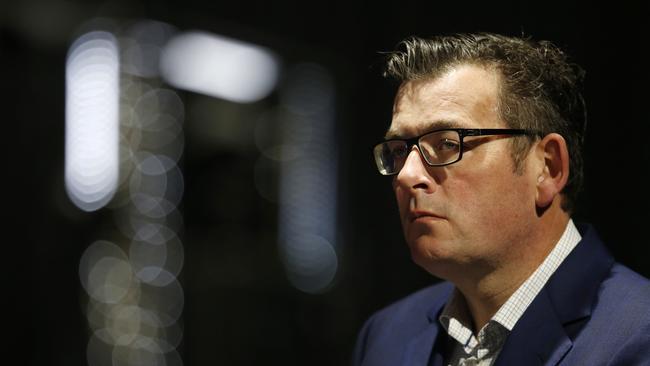
At the essence, the deaths of hundreds of people plus enormous economic damage was caused by the deliberate abandonment in the pandemic of 30 or 40 years of tried and proven cabinet procedures.
My commentaries on the emergency power grab and the possible prosecution of senior politicians and public servants under Occupational Health and Safety laws, plus evidence given at the Coate inquiry, have prompted senior political figures to come forward with the truth.
This has helped me to detail how the disastrous decision to bypass cabinet accountability unfolded and we now have a better understanding of why so many ministers and public servants at the Coate inquiry kept saying “I don’t know” .
There have been at least two recent examples where prime ministers in Canberra tried to bypass cabinet accountability — the ALP’s Kevin Rudd and the Coalition’s Tony Abbott. But on each occasion the government politicians of the day in both parties did their duty and replaced their leader. The Victorian government politicians, inexcusably, did nothing and while the virus has now been controlled via severe clamps and many of the errors rectified, full cabinet accountability has not been restored.
That means the state still faces dangers that do not exist in other properly administered states.
The senior ranks of the Victorian public service either fostered the cabinet accountability systems breakdown or remained silent.
All public servants in Australia, whether they be in the Commonwealth or state governments, can learn from what happened in Victoria because our second largest state is not alone in allowing changes to the way cabinet works.
It has taken an unprecedented industrial disaster to underline the high risks involved in breaking down long established cabinet procedures. The modern cabinet process makes it clear who has responsibility for decisions, allows wide input to decision making and greatly enhances accountability.
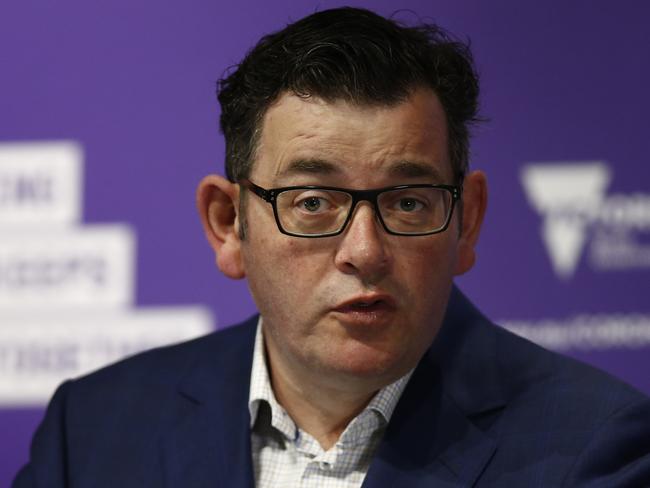
In the decades after World War II the current systems of cabinet accountability in both federal and state administrations were nothing like current procedures. To illustrate, in the first two weeks of the Whitlam ministry prime minister Gough Whitlam and his deputy Lance Barnard were the cabinet and they ran the country without any of the checks we have now come to accept.
That initial period influenced the Whitlam ministry and contributed to many of its ultimate problems. The next prime minister, Malcolm Fraser, increased cabinet accountability, but it was greatly enhanced by the Hawke government and that was continued and developed by Paul Keating and John Howard.
In Victoria during the 1980s Labor’s John Cain picked up on what was happening under Hawke in Canberra and, with federal help, began a process of cabinet accountability in Victoria well ahead of most other states.
And that accountability was continued by the Coalition’s Kennett/Stockdale government and was further developed by the ALP’s Bracks/Brumby governments and then the Coalition’s Ted Baillieu.
But as the 2014 Victorian election approached the new Coalition premier, Dennis Napthine, became just a little loose on cabinet accountability, which was reflected in his government’s lack of understanding of Victoria’s immense low-cost non-fracked gas reserves.
Daniel Andrews, who won the 2014 election, was a brilliant communicator — arguably one of the best in the country. He knew how to convey messages in short grabs for television and the wider media.
In all Australian governments more power is shifting to ministerial advisers who are usually appointed because they agree with the minister. This process has eaten away cabinet decision-making across the land. But in Victoria under Andrews it accelerated in the years leading up to the pandemic.
In 2018 the Italian economist Mariana Mazzucato came to Australia advocating a new concept of governance in a democracy — the assembly of what she called “missions”, which would bring together people from different areas to solve problems and tackle new tasks.
Victoria began to embrace her ideas with a series of “missions” which cut across cabinet authority and usually reported to the premier, which further enhanced his ability to deliver “the message”.
Victoria over the decades, like other states, has had a series of crises — bushfires, swine flu, floods etc and, under cabinet direction and using these experiences, a very detailed set of carefully structured plans was established for a crisis. An essential element of those plans was a procedural map that incorporated cabinet responsibility so that everybody knew what everybody else was doing and who was responsible.
But when it came to the biggest crisis of all, the COVID-19 pandemic, Victoria abandoned its carefully set out plan and instead embraced the untried ideas of Mariana Mazzucato and gave management of much of the pandemic to a series of “missions” which played key roles in the disastrous decision-making.
Each “mission” drew people from various areas of the public service but their decisions bypassed the cabinet decision-making process and its key elements — accountability and lines of responsibility.
Instead out of the missions came the well-known decisions or lack of action that created the quarantine chaos, which led to more than 700 infections in one day, hundreds of deaths and the second shutdown. Health minister Jenny Mikakos — who has resigned and left the parliament — disclosed to the Coate inquiry that her department head Kym Peake was
“mission lead secretary” which meant that Peake was also answerable to Premier Daniel Andrews. It was a clear breach of cabinet responsibility and accountability.
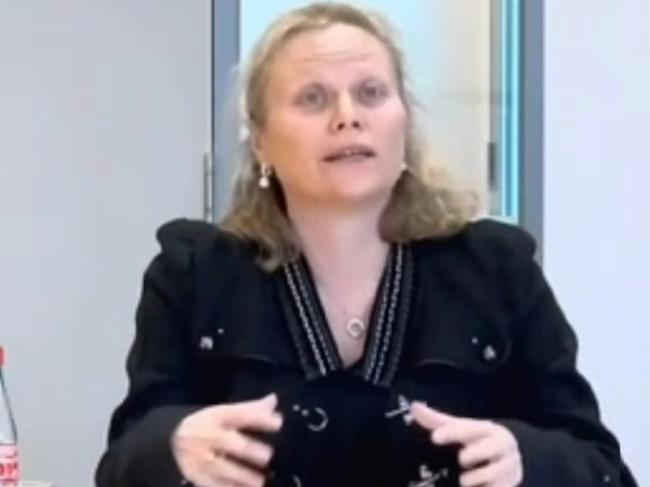
Missions like that might work in small matters but, as set out in the Victorian crisis plans, in a pandemic it was inevitable that that lack of accountability would lead to disaster. And it did.
One of the more controversial Victorian government politicians, Adem Somyurek, has publicly revealed that, on a personal basis, he blames himself for the disaster, because he failed to insist that the Premier comply with a proper cabinet process in the pandemic. That blame should be shared by all ALP government politicians.
If the hotel quarantine issue had been subject to the cabinet accountability process the police department would have reported its views; there would have been a report detailing the Australian defence force situation and if private security companies were the only way to go then a whole series of checks, training and procedures would have been prepared because around the cabinet table was a vast area of ministerial and public service expertise.
The government’s crisis plan had set out how to manage these systems quickly in a crisis.
Everyone would know who was responsible for the allocated tasks. Disastrously all the lessons of past crises stayed in the drawer.
And the situation was made worse because Kym Peake was also in charge of health and human services. In the Bracks/Brumby years health had been separated from human services because the tasks were simply too big to be combined. Adding a “mission” strategy role to her job should have rung warning bells for those who remembered the Bracks/Brumby years.
Victoria needs a premier who is dedicated to implementing cabinet accountability. It can be Andrews but the government has to insist on him returning to the traditions of past ALP premiers like Cain, Kirner, Bracks and Brumby.
The nation has now learned the hard way what happens when you stray from the model that has worked so well for so many prime ministers and premiers over so many decades.


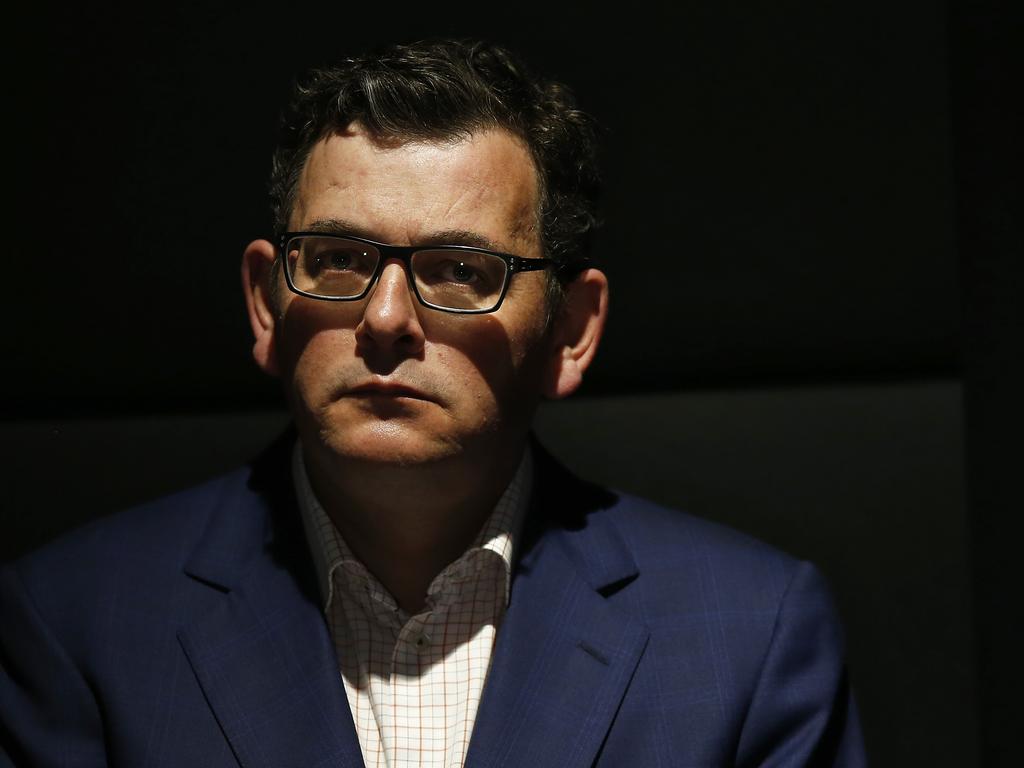

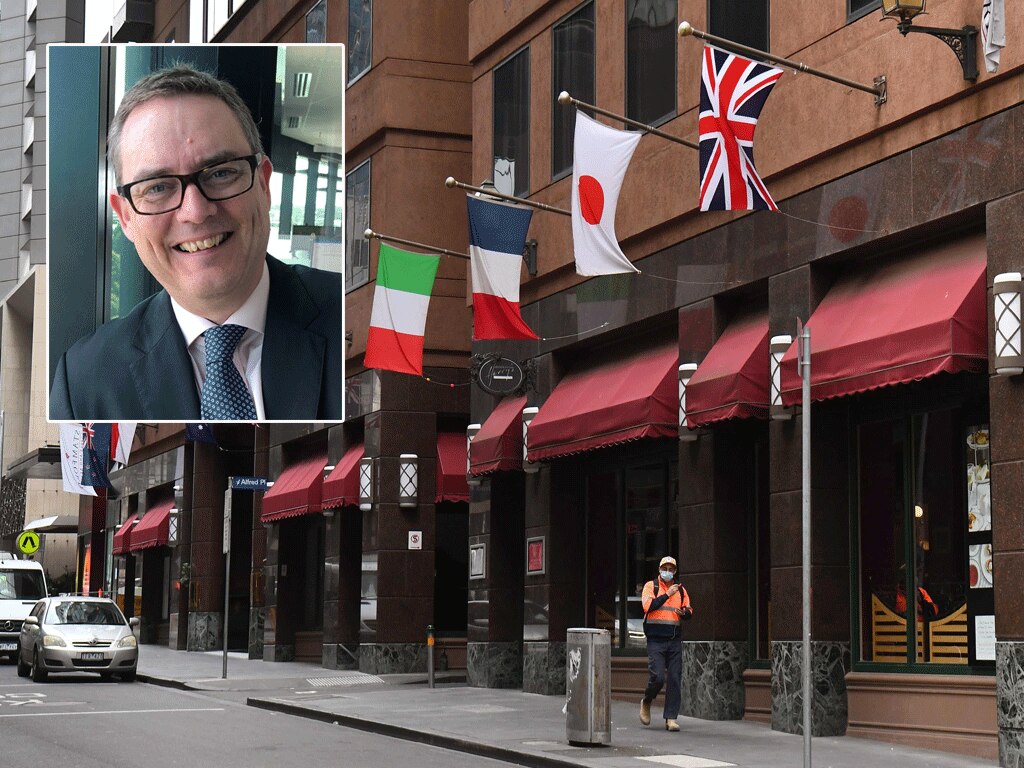



The mistakes that caused Australia’s biggest industrial disaster, Victorian hotel quarantine, can be traced back to one fundamental disastrous decision — the replacement of cabinet accountability with a new untried system of government decision-making.